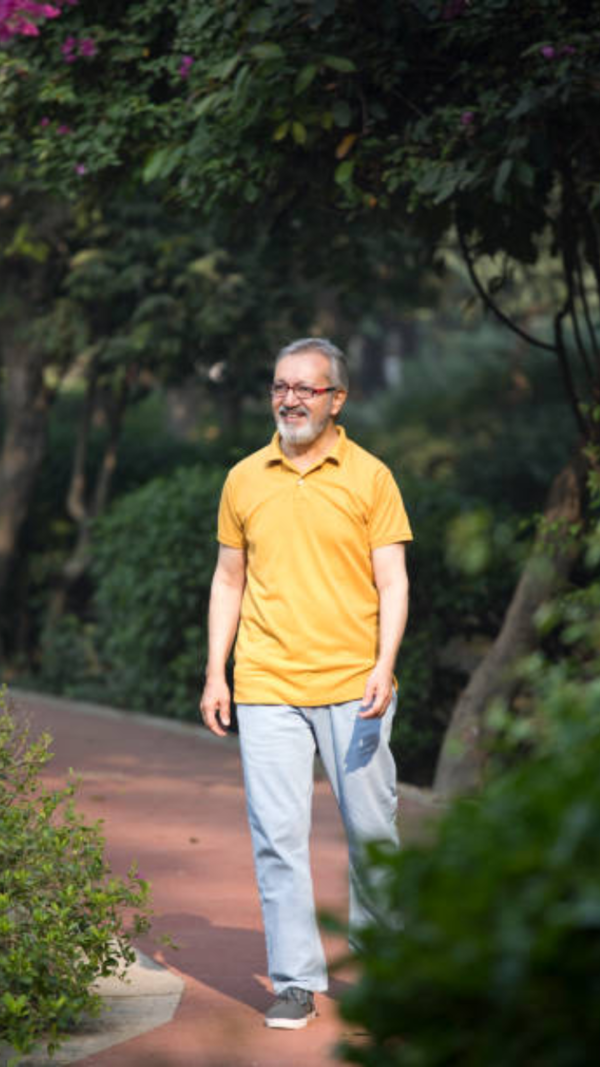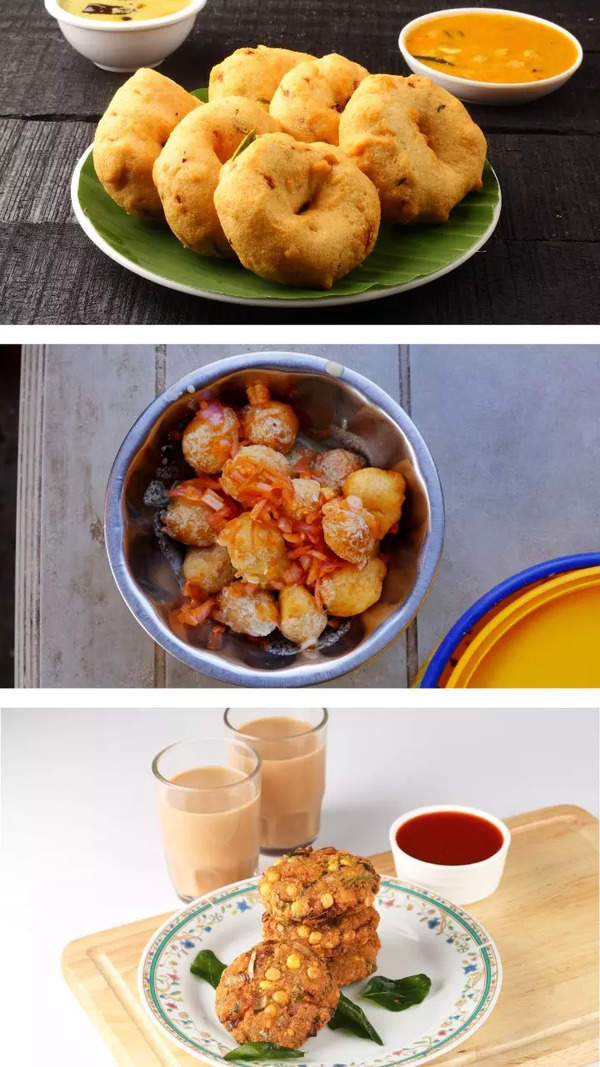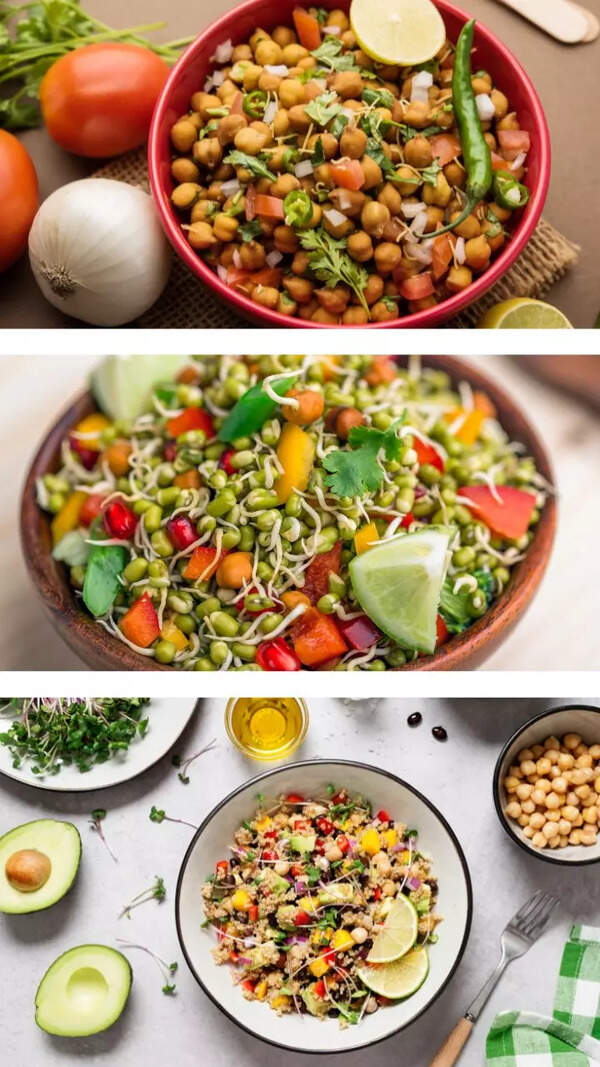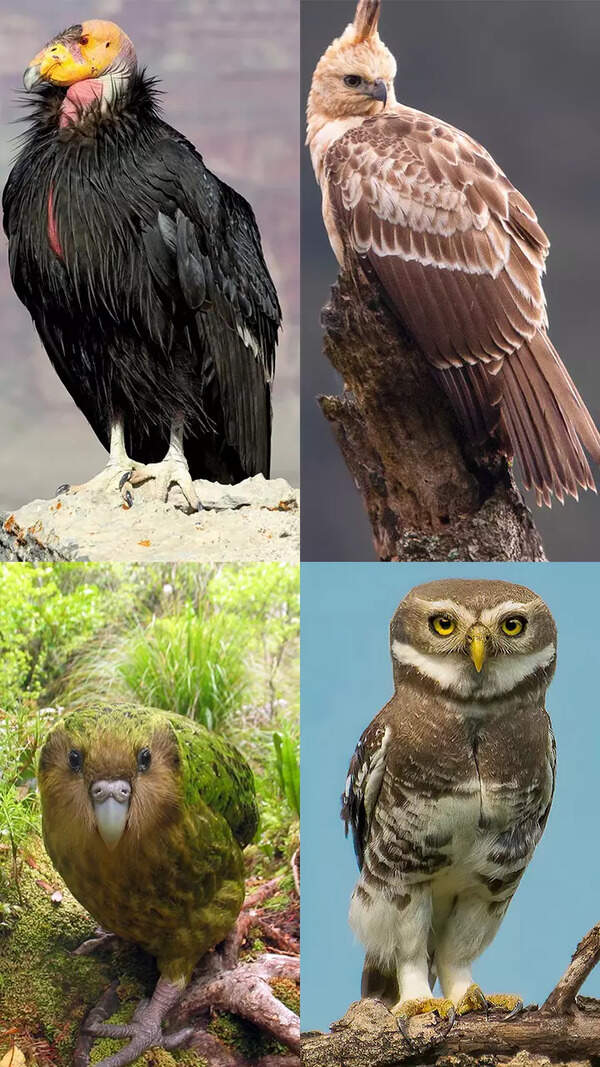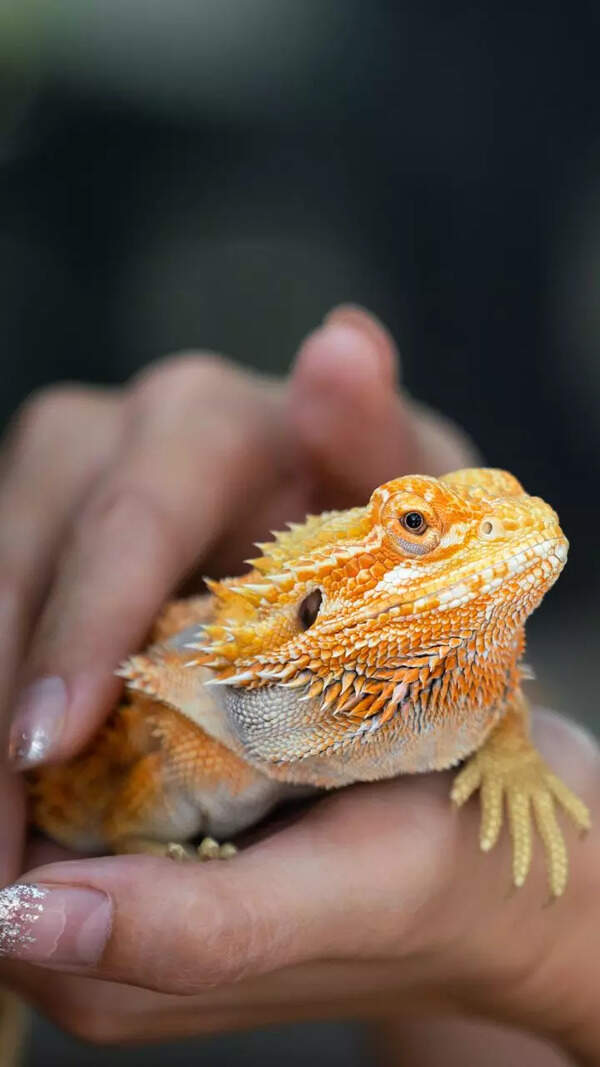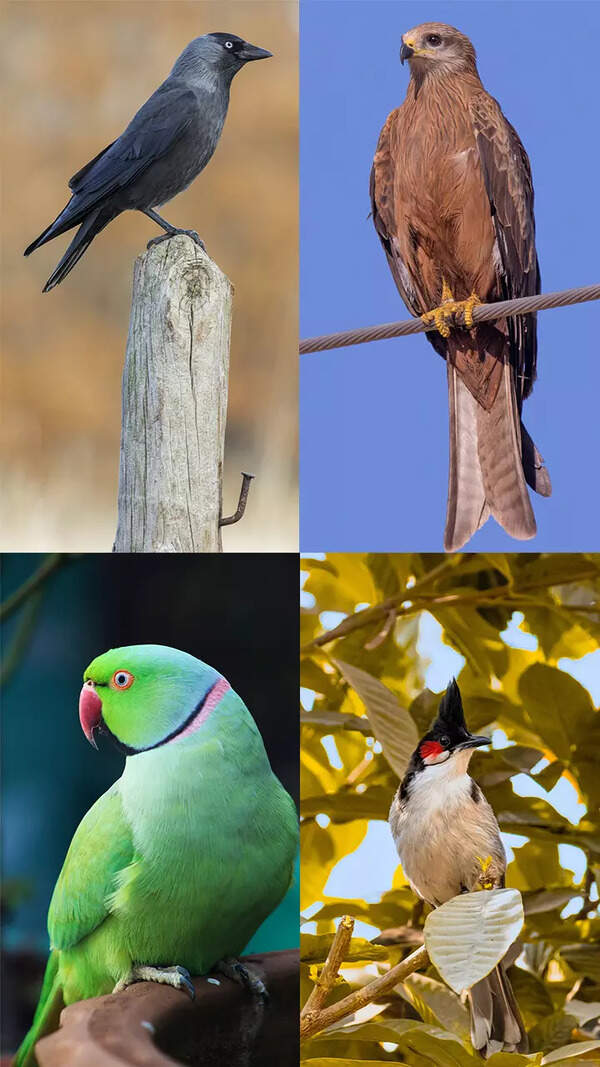- News
- India News
- PM Modi, Putin agree to ramp up trade to $100bn by 2030
Trending
PM Modi, Putin agree to ramp up trade to $100bn by 2030

Prime Minister Narendra Modi and Russian President Vladimir Putin reaffirmed commitment to the resilient India-Russia relationship against the backdrop of a challenging and uncertain geopolitical situation, as they sought to further boost energy and trade ties and agreed to ramp up trade to $100 billion by 2030 from the current $65 billion. A joint statement said they would focus on increased supplies of goods from India to Russia to address the trade imbalance.
While the agenda for the 22nd India-Russia summit was mostly economic, Modi also strongly sought from Putin the release of all Indian nationals serving in the Russian army.Foreign secretary Vinay Kwatra said there was a "sense of promise" from Russia on the early discharge of about 30-40 Indian nationals who are still there, after being "misled" into joining the Russian army.
With the West keeping a wary eye and disappointed over New Delhi not cutting off economic engagements with Moscow, the two sides also signed nine agreement, including one for facilitation of investment by Russian companies in the Indian market. Modi thanked Putin for the continued supply of fertilisers to Indian farmers when the world was facing a crisis in the fuel and energy sector, saying it was because of Russia-India cooperation that India was able to provide for the needs of its citizens.
Modi said the world should recognise that India-Russia cooperation in the energy sector ensured stability in the world market. "In many countries of the world, people face problems with fuel, diesel, but thanks to our agreements with you in this area, in the energy sector, we were able to provide our citizens with fuel. And not only did we provide it, we were able to keep inflation under control and also ensured stability. For this I am very grateful to you," he told Putin.
While discussing regional and global issues, they expressed deep concern on the situation in Gaza and called for unhindered delivery of humanitarian assistance to the Palestinian civilian population throughout the Gaza Strip, while also seeking immediate and unconditional release of hostages.
On the Ukraine issue, the joint statement highlighted the imperative of peaceful resolution of the conflict "around Ukraine" through dialogue and diplomacy including engagement between both parties.
Like in the past, the leaders unequivocally condemned terrorism and violent extremism conducive to terrorism in all its forms and manifestations including the cross-border movement of terrorists, and terrorism financing networks and safe havens. "They strongly condemned the recent dastardly terrorist attack on an Army convoy in Kathua area of Jammu and Kashmir on July 8, in Dagestan on June 23 and on the Crocus City Hall in Moscow on March 22 and stressed that these terrorist attacks are a grim reminder for further strengthening cooperation to combat terrorism," said the joint statement.
Modi also raised with the Russian President the need to address the delay in supply of spare parts for Russian-origin defence equipment. According to the India-Russia joint statement, both sides agreed to encourage joint manufacturing in India of spare parts, components, aggregates and other products for maintenance of Russian-origin arms and defence equipment under the Make-in-India programme through transfer of technology and setting up of joint ventures for meeting the needs of the Indian armed forces.
While the agenda for the 22nd India-Russia summit was mostly economic, Modi also strongly sought from Putin the release of all Indian nationals serving in the Russian army.Foreign secretary Vinay Kwatra said there was a "sense of promise" from Russia on the early discharge of about 30-40 Indian nationals who are still there, after being "misled" into joining the Russian army.
With the West keeping a wary eye and disappointed over New Delhi not cutting off economic engagements with Moscow, the two sides also signed nine agreement, including one for facilitation of investment by Russian companies in the Indian market. Modi thanked Putin for the continued supply of fertilisers to Indian farmers when the world was facing a crisis in the fuel and energy sector, saying it was because of Russia-India cooperation that India was able to provide for the needs of its citizens.
Modi said the world should recognise that India-Russia cooperation in the energy sector ensured stability in the world market. "In many countries of the world, people face problems with fuel, diesel, but thanks to our agreements with you in this area, in the energy sector, we were able to provide our citizens with fuel. And not only did we provide it, we were able to keep inflation under control and also ensured stability. For this I am very grateful to you," he told Putin.
Kwatra said India was also looking at energy deals with Russian giants like Rosneft. "The two leaders, when they spoke of cooperation in energy, they did focus on how exactly to strengthen that partnership... how exactly India in particular through the government-to-government route could also build partnerships with Rosneft and other energy entities," the foreign secretary said.
While discussing regional and global issues, they expressed deep concern on the situation in Gaza and called for unhindered delivery of humanitarian assistance to the Palestinian civilian population throughout the Gaza Strip, while also seeking immediate and unconditional release of hostages.
On the Ukraine issue, the joint statement highlighted the imperative of peaceful resolution of the conflict "around Ukraine" through dialogue and diplomacy including engagement between both parties.
Like in the past, the leaders unequivocally condemned terrorism and violent extremism conducive to terrorism in all its forms and manifestations including the cross-border movement of terrorists, and terrorism financing networks and safe havens. "They strongly condemned the recent dastardly terrorist attack on an Army convoy in Kathua area of Jammu and Kashmir on July 8, in Dagestan on June 23 and on the Crocus City Hall in Moscow on March 22 and stressed that these terrorist attacks are a grim reminder for further strengthening cooperation to combat terrorism," said the joint statement.
Modi also raised with the Russian President the need to address the delay in supply of spare parts for Russian-origin defence equipment. According to the India-Russia joint statement, both sides agreed to encourage joint manufacturing in India of spare parts, components, aggregates and other products for maintenance of Russian-origin arms and defence equipment under the Make-in-India programme through transfer of technology and setting up of joint ventures for meeting the needs of the Indian armed forces.
End of Article
FOLLOW US ON SOCIAL MEDIA
